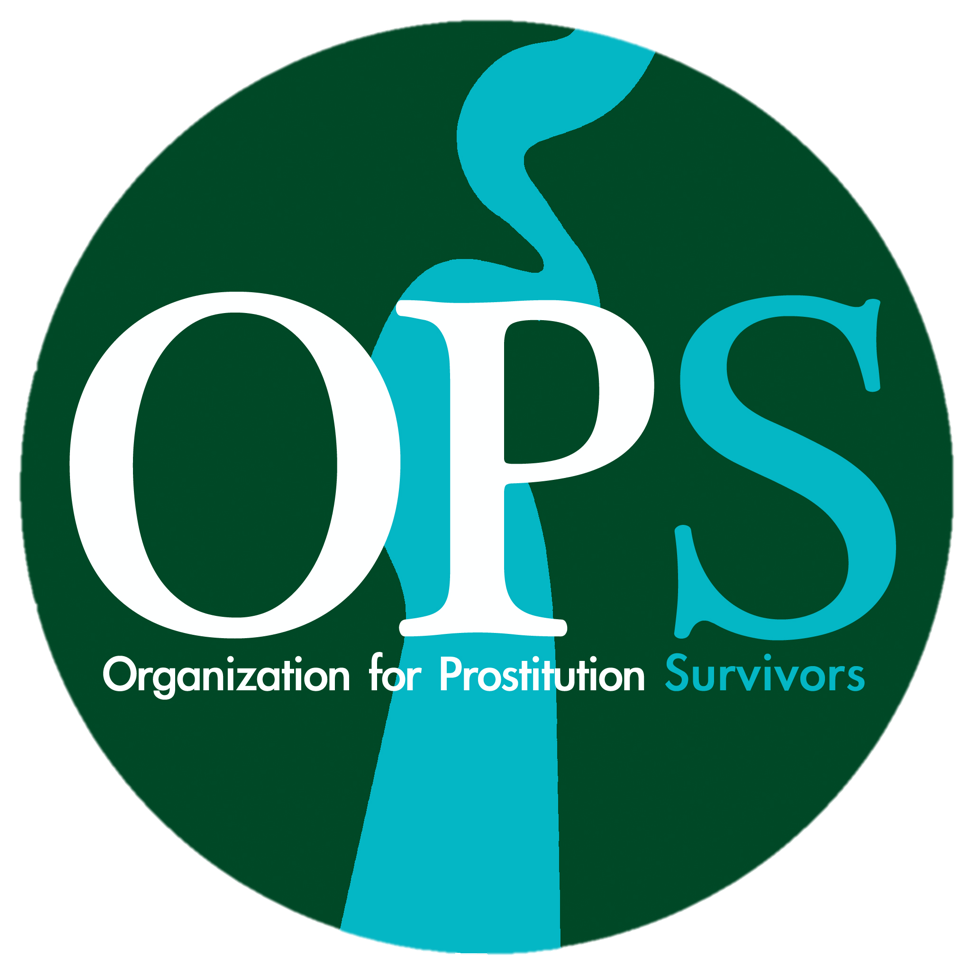Let's Discuss The Savior Complex: Understanding the Impact
In the fight against commercial sexual exploitation (CSE), it's crucial to address the various factors that perpetuate harm and hinder true healing. One trend we frequently encounter is the presence of a savior complex within individuals or organizations. While it may seem well-intentioned, a savior complex can have negative effects on both the savior and the individuals they aim to help. In this blog post, we will delve deeper into the savior complex, explore its potential pitfalls, and highlight healthier ways to support survivors of CSE.
Recognizing the Savior Complex
The savior complex, also known as the white knight syndrome, is a psychological construct where individuals feel an inherent need to "save" others by fixing their problems. Those with a savior complex often seek out people who appear to desperately need help, sometimes at the expense of their own well-being. While the desire to help others is admirable, it's essential to understand the potential harm that can arise from this complex.
The Pitfalls of the Savior Complex
The savior complex, although driven by good intentions, can lead to detrimental consequences for both the savior and the individuals being helped. Believing that one has the power to fix someone's life and change their behavior can stem from a sense of superiority. This belief may overshadow the understanding that change must come from within, causing frustration and resentment in the person being "helped." Moreover, the fixation on fixing problems rather than empowering individuals can perpetuate a power dynamic that further disempowers survivors.
Identifying the Signs of a Savior Complex
Recognizing and assessing the presence of a savior complex can be challenging, but it is crucial for personal growth and understanding. Signs of struggling with a savior complex include:
Feeling a sense of self-worth only through helping others.
Neglecting one's own well-being to focus on fixing others' problems.
Believing that helping others is one's higher calling or purpose.
Attraction to vulnerability.
A compulsion to change people.
Always searching for a solution.
Excessive personal sacrifices.
Breaking the Patterns of the Savior Complex
If you recognize savior-like tendencies within yourself, the first step towards change is self-awareness. Remember, you can take care of others in healthy ways without replicating toxic patterns. Here are some actionable steps you can take:
Practice active listening: Instead of immediately offering solutions, listen attentively when someone shares their experiences. Sometimes, people simply want to be heard and understood.
Respect autonomy: Avoid volunteering assistance without being asked. Recognize that individuals have agency and the right to determine their own paths.
Set healthy boundaries: Prioritize your own self-care and well-being. It's important to strike a balance between supporting others and taking care of yourself.
Encourage self-empowerment: Instead of trying to change someone, empower them to discover their own strengths and resilience. Offer resources and support to help them make informed decisions.
Responding to the Savior Complex
If you find yourself on the receiving end of someone's savior complex, it is important to assert your boundaries and maintain your autonomy. Here are some tips for navigating these situations:
Communicate openly: Clearly express your desire to handle challenges on your own and emphasize the importance of personal growth and self-discovery.
Set a good example: By demonstrating productive ways to deal with distress and embracing self-compassion, you can show that personal growth comes from within.
Encourage professional help: Suggest that the individual seeks therapy or counseling, emphasizing that it can provide valuable support and growth opportunities.
Conclusion
The journey towards healing and ending commercial sexual exploitation requires a collective effort that centers survivors' experiences and respects their autonomy. While the savior complex may be rooted in good intentions, it is essential to recognize its potential harm and explore healthier ways to support survivors. By fostering empowerment, active listening, and setting healthy boundaries, together we can create a more resilient and empathetic community that supports survivors on their path to healing and reclaiming their lives.




